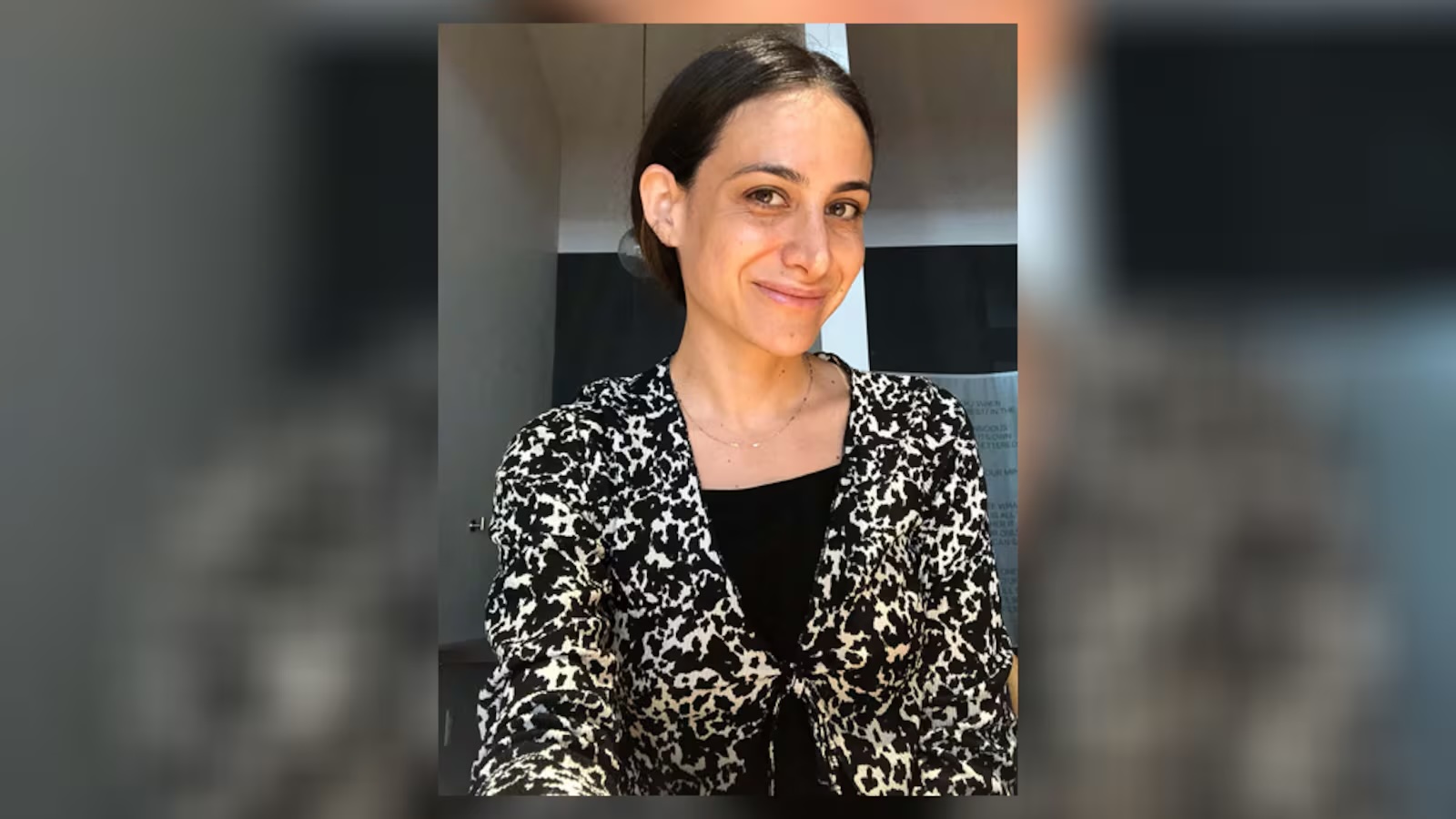After 26 years, Little B comes home

Michael Lewis — one of the youngest juveniles in Georgia to be sentenced to an adult prison — has come home after 26 years behind bars.
Lewis, who is known as Little B, walked out of Macon Transitional Facility on Wednesday morning after the Georgia Board of Pardons and Paroles granted him tentative parole last year.
“There are a lot of things I’ve never done because I was a child when I came in,” the 40-year-old said.
Lewis was 13 years old in 1997 when he became the face of Georgia’s new tough-on-crime policies. That year he became one of the first — and youngest — kids to be tried under SB440, a 1994 law requiring children as young as 13 to be treated as adults and prosecuted in Superior Court if they committed certain violent crimes.
The teen was charged in February 1997 for the murder of 23-year-old Darnell Woods, who was fatally shot in a parked car outside of a convenience store in Atlanta’s Vine City with his two young sons in the backseat. At the time Fulton County District Attorney Paul Howard and his office came out strongly with his intention to treat Lewis as an adult.
“I don’t see a child. I look over there and see a killer — a cold-blooded killer,” Assistant State Attorney Suzy Ockleberry said during the 1997 trial.
Lewis was convicted of malice murder after a nine-day trial that November. He was sentenced to life, which, at the time, meant parole eligibility after 14 years. When the trial ended he was sent to Lee Arrendale State Prison, a “high security” adult correction center.
The case was elevated to national attention in 2003 when activist and author Elaine Brown wrote a book — “The Condemnation of Little B” — which dove deep into the teen’s villainization at trial and the various systems that had failed him prior.
“When I moved to Atlanta in 1996, the next January, this boy’s picture was all over,” the former chairman of the Black Panther Party said, explaining her decision to take Lewis under her wing.
The activist saw several culprits for Lewis’ treatment. The juvenile super-predators mania of the nineties, new national and statewide tough-on-crime legislation, a power-hungry prosecutor, and a city — in the Olympics afterglow — wanting to put forward a safe and welcoming veneer. All, she said, were willing to sacrifice a 13-year-old boy to send a political message.
Brown said she saw a little Black child that nobody cared about and she couldn’t turn away.
“I told him I am gonna be with you until you get out,” she continued. “He had nobody. He was a piece of garbage. So I decided to take up his case.”
As detailed in the book, Lewis’ father had been absent, his mother was addicted to crack cocaine. Lewis had dropped out of school. He had no permanent home. The Georgia Division of Family & Children Services had intervened two years earlier in 1995, but by then he was already hopping from crash pad to crash pad to avoid detection.
These facts, however, were used to villainize him, according to Brown. News articles from the time referred to Lewis as a thug and evil.
Lewis became parole-eligible in 2011 but was denied parole that year and again in 2016 and 2020. He was granted tentative parole in June 2022. This month Lewis learned the parole certificate had been issued. The board had no comment about what went into the decision to release Lewis at this time, citing a policy that it doesn’t speak on specific cases.
Outside the Macon Transitional Facility on Wednesday, Lewis was smiling as he was greeted by Brown, whom he refers to as mom, and his attorney Leigh Schrope of Atlanta.
Shortly after he and Brown headed to Hartsfield-Jackson International Airport to fly to the San Francisco Bay Area. It will be his first plane ride.
Lewis will work at Brown’s nonprofit Oakland and the World Enterprises. The organization is in the process of building a mixed-used affordable housing development. Lewis will help run the neighborhood market within the space.
Lewis said he is optimistic and excited for the future.
“I have an idea of it, but I don’t know what to expect,” he said. “I’ve never been outside of Georgia. I’ve been all around Georgia incarcerated, but I’ve never been out of the state. So I’m ready.”



